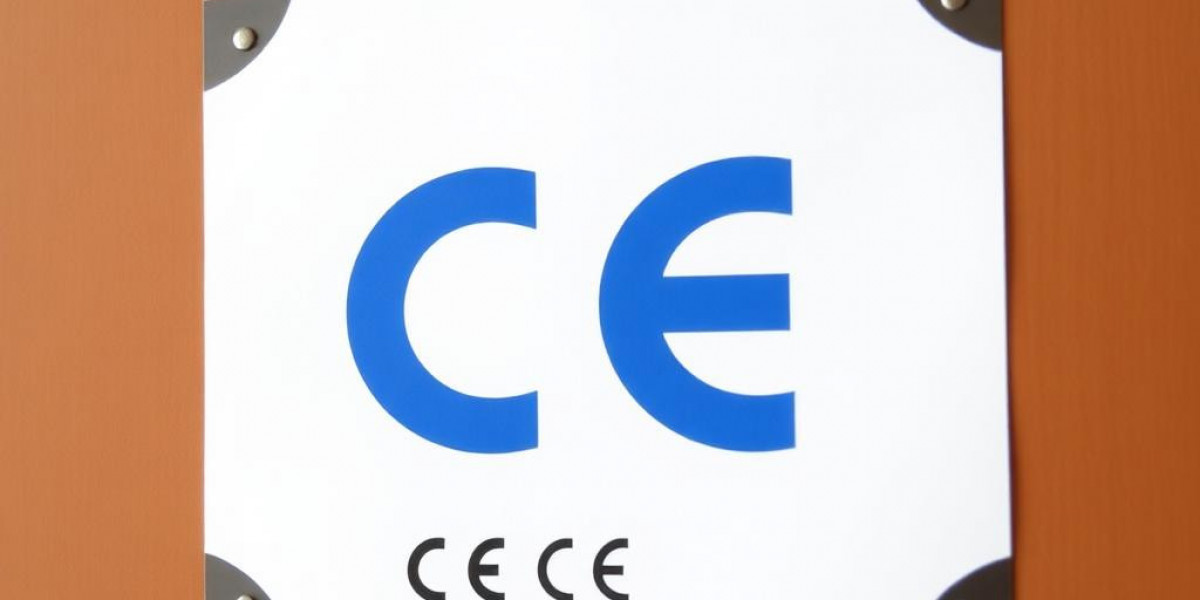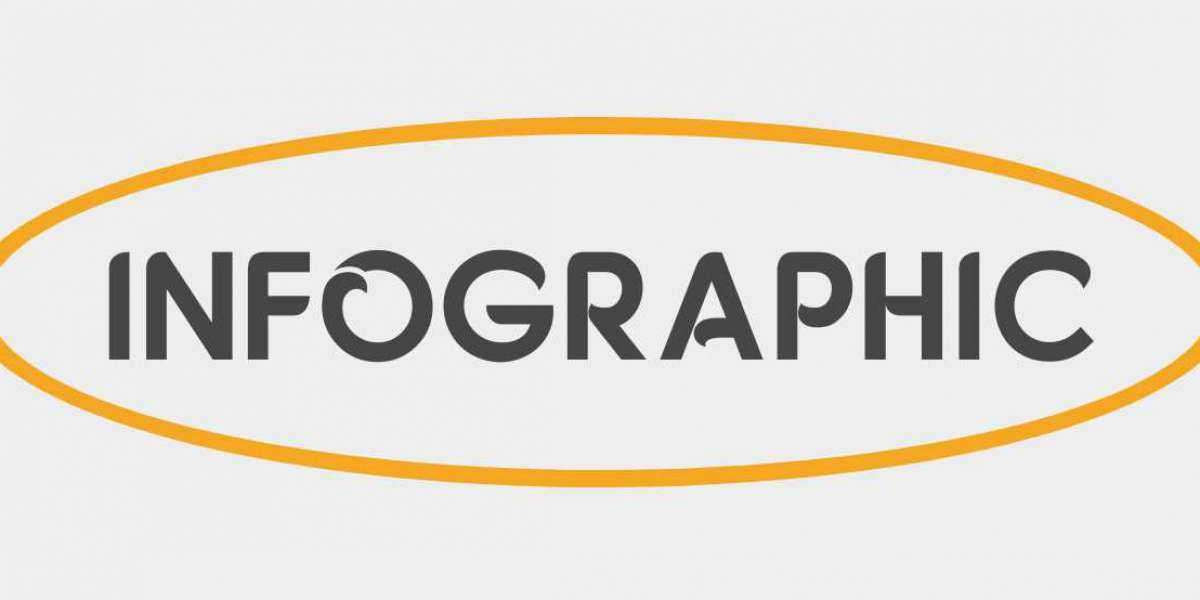CE certification is an essential requirement for products that are sold in the European Economic Area (EEA). It ensures that the product meets specific European safety, health, and environmental protection standards. This certification plays a significant role in enhancing product credibility and opening doors to international markets. Below is a detailed explanation of CE certification and its importance for businesses.
1. What is CE Certification?
CE certification is a mark that indicates a product complies with all the necessary European Union (EU) safety, health, and environmental requirements. The CE mark stands for “Conformité Européenne,” which translates to European Conformity. Products that bear the CE mark are allowed to be marketed and sold within the EEA, ensuring they meet rigorous EU standards.
- Significance of CE Certification: By bearing the CE mark, manufacturers prove that their products meet the EU’s regulatory requirements, ensuring safety and quality. This certification is recognized across Europe, making it vital for businesses seeking market access in these regions.
2. The CE Marking Process
The process to obtain CE certification involves a series of steps. These steps depend on the type of product, its risks, and the applicable EU regulations.
- Step 1: Identify Relevant Directives: Manufacturers must determine which EU directives apply to their product. These directives specify essential requirements for safety, health, and environmental protection.
- Step 2: Testing and Compliance: Depending on the product, various tests or assessments might be necessary to ensure compliance with the EU standards.
- Step 3: Declaration of Conformity: The manufacturer must prepare a Declaration of Conformity that verifies the product meets all the necessary EU requirements.
- Step 4: Affixing the CE Mark: Once all requirements are met, the CE mark can be affixed to the product, allowing it to be sold in the EU market.
3. Why is CE Certification Important for Manufacturers?
CE certification holds several advantages for manufacturers.
- Market Access: It provides access to the European market, which is crucial for businesses aiming to expand internationally.
- Consumer Trust: The CE mark is recognized by consumers and regulatory authorities, signifying that the product is safe and reliable.
- Legal Protection: CE certification protects manufacturers legally, as it ensures that products comply with EU regulations and reduces the risk of disputes or product recalls.
4. Challenges and Considerations in CE Certification
While CE certification is essential, it does come with certain challenges.
- Complex Process: The certification process can be complex, requiring a thorough understanding of the applicable EU regulations and standards.
- Costs and Time: The process of obtaining CE certification can be time-consuming and costly, especially for manufacturers producing high-risk products.
- Continuous Compliance: Manufacturers must ensure ongoing compliance with the applicable EU regulations, which may change over time.
Conclusion
CE certification is not only a legal requirement but also a valuable tool for businesses aiming to demonstrate the safety and quality of their products. By following the certification process carefully and ensuring compliance with EU regulations, manufacturers can successfully tap into the European market and enhance their product’s credibility worldwide.
https://iasiso-middleeast.com/turkish/blog/turkiyede-ce-isaretleme-belgelendirme/










